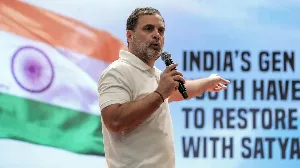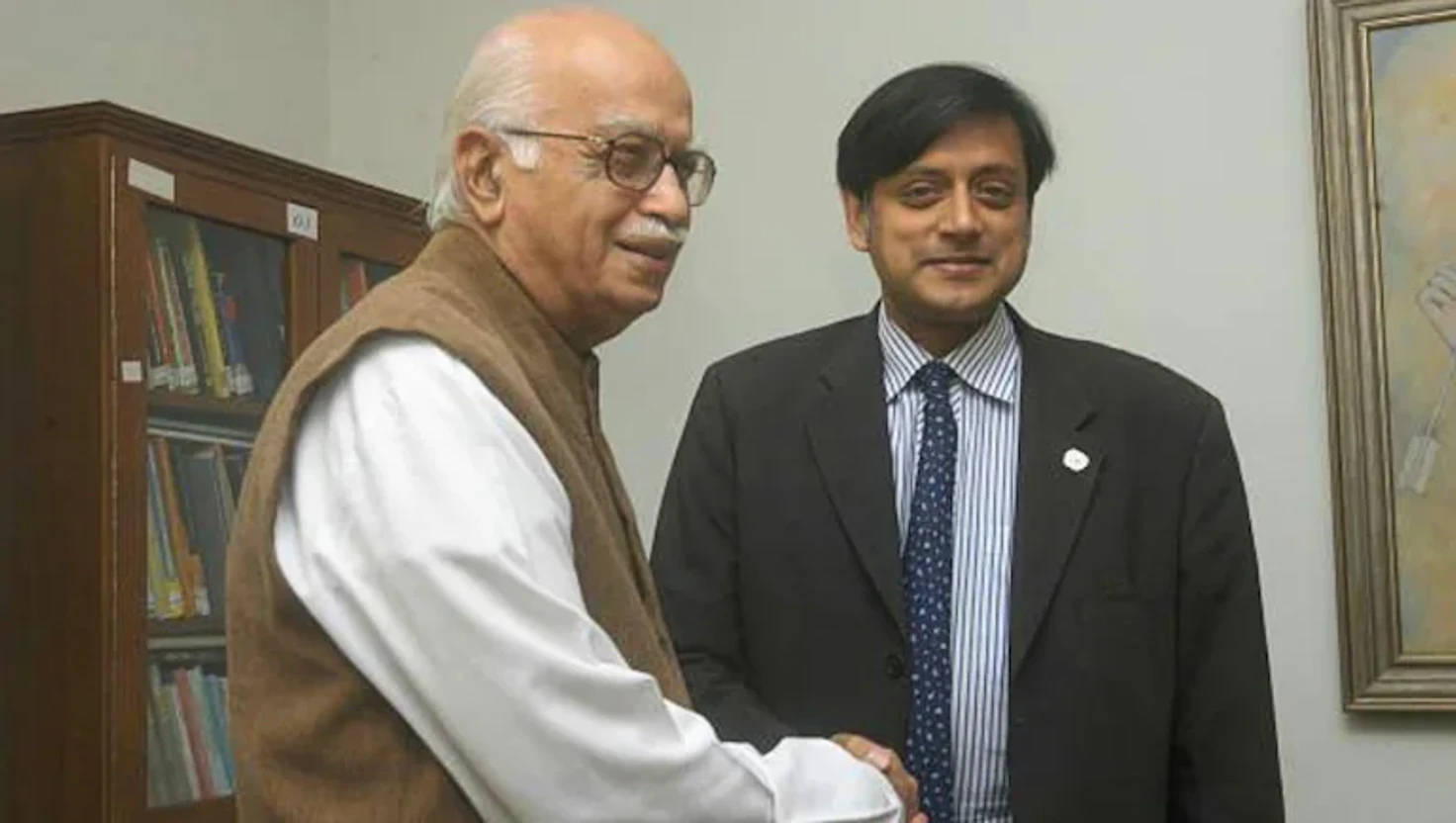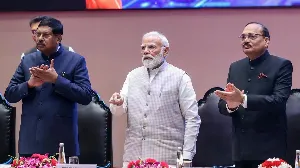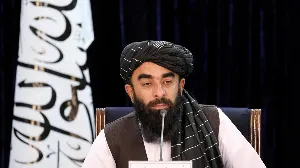Ongoing Conflict: Israeli Military Actions and Humanitarian Crisis in Gaza

The humanitarian situation in Gaza continues to deteriorate amid ongoing military actions by Israel, following the escalation of conflict that began on 7 October 2023. Reports indicate that Israeli drones remain active over the Gaza Strip, particularly in the eastern regions, where civilian casualties have been reported. In one instance, a drone strike hit a group of civilians in Khan Younis, a location where families are attempting to return to assess damage to their homes.
Israeli military operations are said to target potential threats to forces stationed beyond the yellow demarcation line that separates Israeli-controlled areas from the rest of Gaza. As these operations unfold, many Palestinians express a feeling of despair, with little to no respite from the violence.
In the heart of Gaza City, amidst the destruction, a group of volunteer teachers has transformed a historic stone building into a makeshift school. This effort serves as a beacon of hope for local children whose education has been severely disrupted by the ongoing conflict. Ahmed al-Sawafiri, the executive director of the Al-Kamalia School, noted that the last student graduated in 1949, yet the school has reopened to provide essential learning opportunities for hundreds of children.
One student, Saja Khalifa, expressed her joy at the school's reopening, stating, "As soon as we heard that this school had reopened, we were very excited and happy that we were going back to learn, read and write. … Hope was restored." The need for educational facilities is acute, as more than 660,000 children in Gaza are currently out of school, and an estimated 97 per cent of local schools have suffered damage or destruction.
Naheel al-Aklouk, a parent, expressed frustration at being unable to register her son due to full classrooms, saying, "All I care about is basic education. My son has lost two years of school. We want our children to be educated. Enough destruction and enough displacement."
The humanitarian situation is further compounded by inadequate aid deliveries. According to reports from the Qatar News Agency, only a fraction of the expected relief supplies have reached Gaza since the ceasefire began. With only 4,453 aid trucks entering the region, the average daily delivery falls significantly short of the 600 trucks stipulated in humanitarian agreements.
Ismail al-Thawabta, director of Gaza's Government Media Office, highlighted that Israel is blocking over 350 essential food items, including eggs, meat, fish, and fresh vegetables, while allowing non-essential goods to flow into the territory at inflated prices. Medical evacuations face similar challenges, as Israel permits only limited evacuation through the Karem Abu Salem crossing, with the process being slow and fraught with bureaucratic hurdles.
The Rafah crossing with Egypt remains closed, and even those approved for evacuation often face additional obstacles, including funding for medical expenses and securing visas from foreign governments. Local hospitals recommend evacuations, but the World Health Organization is struggling to coordinate these efforts amid a lengthy waiting list.
In diplomatic developments, Egyptian Foreign Minister Badr Abdelatty and Qatari Prime Minister Sheikh Mohammed bin Abdulrahman bin Jassim Al Thani have discussed the situation in Gaza, emphasising the importance of linking future agreements for the West Bank and Gaza. They underscored the necessity for Palestinian unity moving forward.
The United Nations has described the impact of the conflict on Gaza’s education system as a "scholasticide," with the deliberate destruction of educational infrastructure. Farida Shaheed, the UN special rapporteur on the right to education, stated that the actions of the Israeli military represent a systematic destruction of educational opportunities in the region, which constitutes a form of intergenerational warfare. She advocated for the reinstatement of the United Nations Relief and Works Agency for Palestine Refugees (UNRWA) to improve education access for displaced children.
As the conflict continues, the people of Gaza face a challenging reality, with both immediate and long-term consequences for their education, health, and overall well-being. With schools in high demand and aid supplies critically low, the situation remains dire for many families across the region.

Rahul Gandhi Accuses BJP of Vote Manipulation in Several States

Congress Clarifies After Shashi Tharoor's Remarks on LK Advani

Prime Minister Modi Emphasises Accessibility of Justice for All

Taliban Accuses Pakistan Military of Sabotaging Peace Talks





